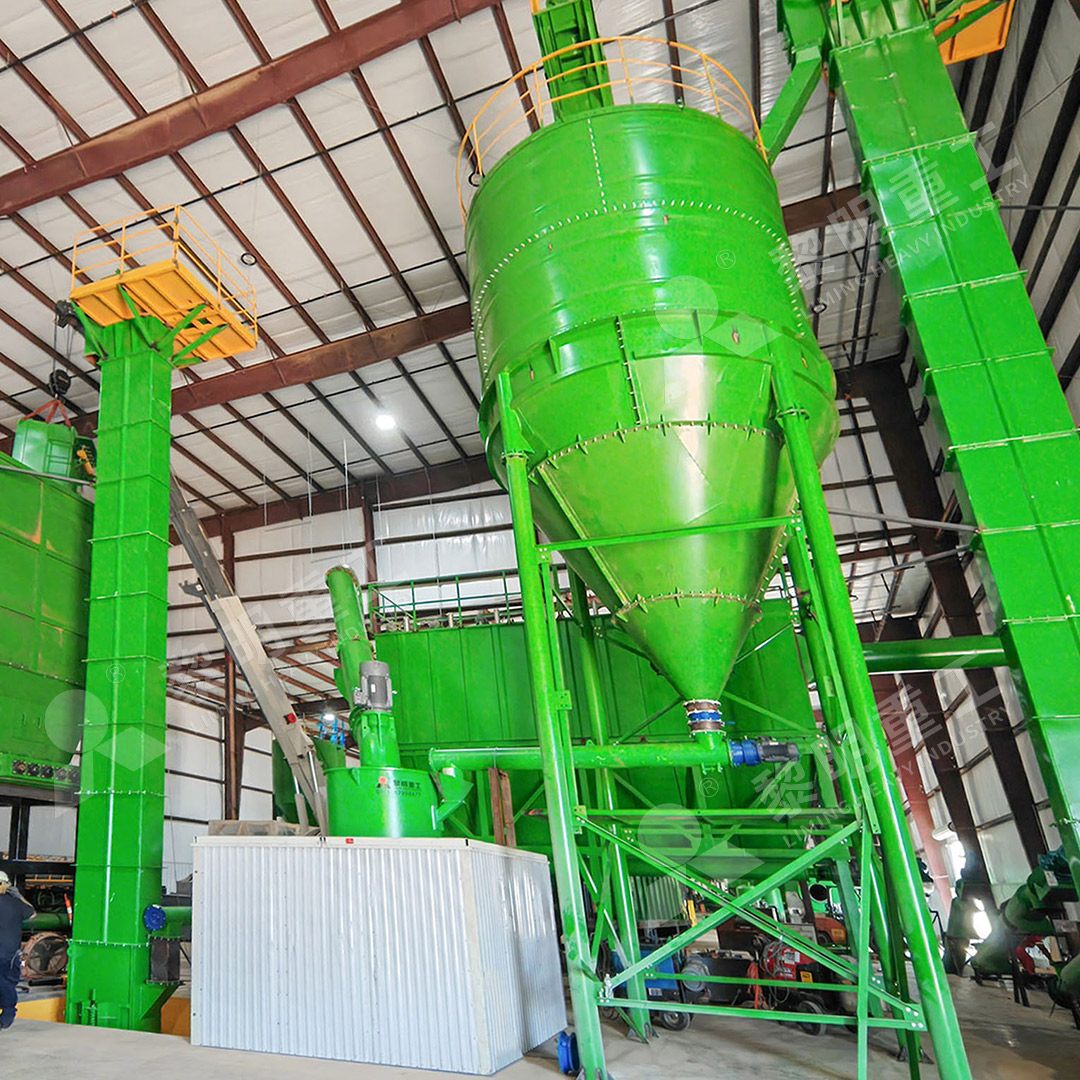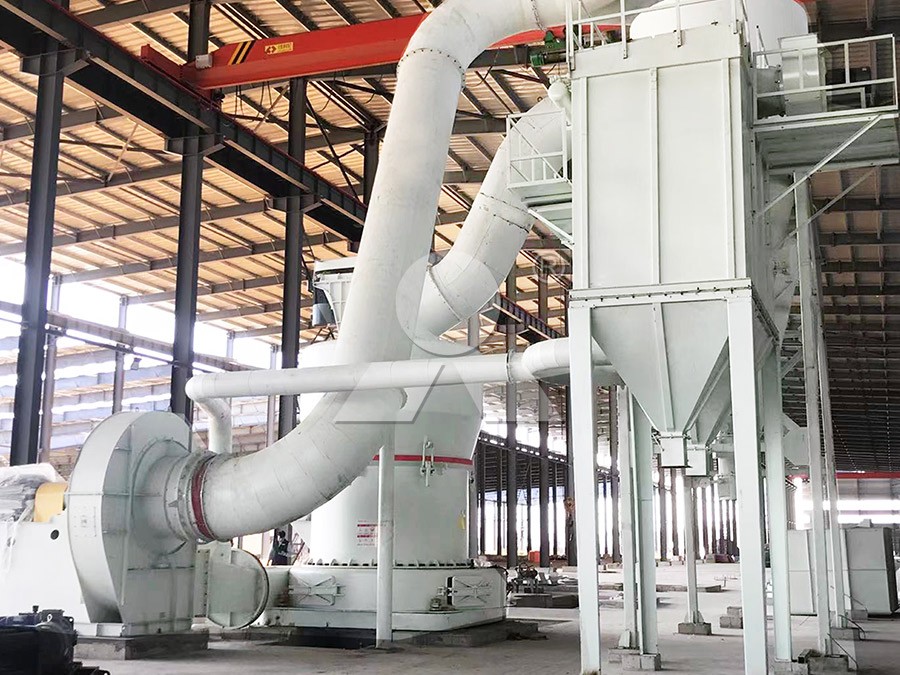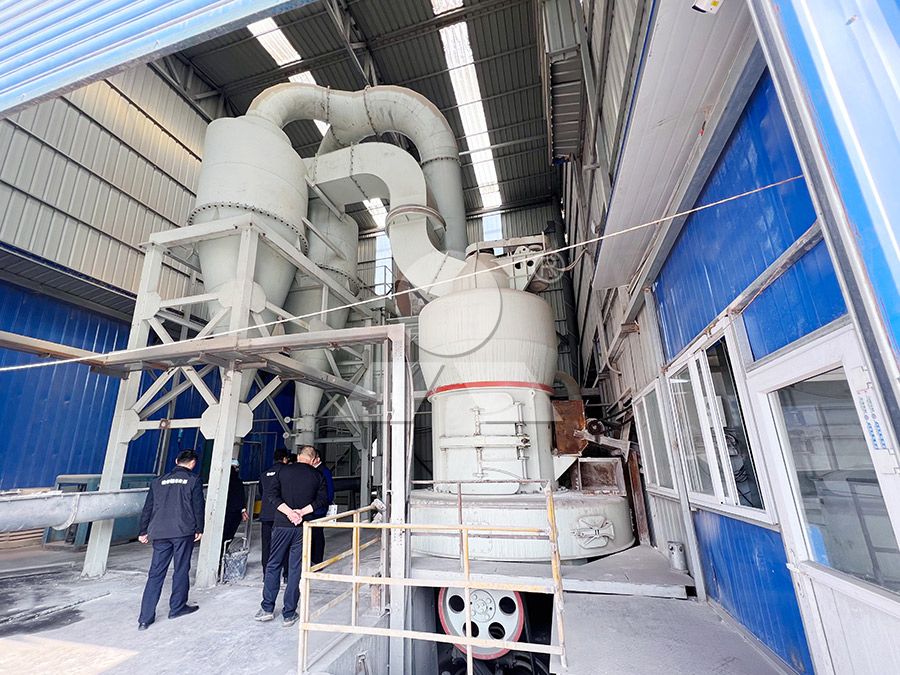Crushing and Grinding Equipment for Stone Processing
We provide a wide range of mills — including Raymond mill, trapezoidal mill, vertical mill, ultrafine mill, and ball mill, obtained ISO9001 international quality certification, EU CE certification, and Customs Union CU-TR certification. Suitable for processing minerals such as limestone, phosphate, quicklime, kaolin, talc, barite, bentonite, calcium carbonate, dolomite, coal, gypsum, clay, carbon black, slag, cement raw materials, cement clinker, and more.
The discharge range of these mills can be adjusted to meet specific processing needs, typically from 80-400 mesh, 600-3250 mesh, and can achieve the finest particle size of up to 6000 mesh(D50).
If you are looking for a reliable grinding solution to turn stone or minerals into fine powder, please feel free to contact our online customer service.
Crushing and Grinding Equipment for Stone Processing
The transformation of raw stone into fine powders is a critical process across numerous industries, from construction materials to chemical manufacturing. Selecting the right crushing and grinding equipment can significantly impact operational efficiency, product quality, and environmental compliance. This article explores key considerations and technological advancements in stone processing machinery.

Modern grinding equipment has evolved beyond simple particle size reduction to become sophisticated systems that integrate multiple functions. The ideal equipment should offer precise control over final product fineness, maintain consistent output quality, and operate with minimal environmental impact through reduced noise and dust emissions.
Key Technological Advancements
Recent innovations in grinding technology have focused on energy efficiency, operational stability, and maintenance simplification. Advanced powder separation systems now allow for precise control over particle size distribution, while automated control systems enable consistent performance with minimal operator intervention.
One notable innovation in this field is the MW Ultrafine Grinding Mill, which represents a significant leap forward in ultrafine powder production. This machine processes materials with input sizes up to 20 mm and offers capacities ranging from 0.5 to 25 tons per hour. Its sophisticated design addresses common industry challenges through several innovative features.
Specialized Equipment for Specific Applications
Different stone processing applications require specialized approaches. For operations demanding exceptionally fine powders with precise particle size control, the MW Ultrafine Grinding Mill stands out with its adjustable fineness between 325-2500 meshes. The mill’s cage-type powder selector, incorporating German technology, ensures high precision in powder separation while achieving screening rates of d97≤5μm in a single pass.

What makes this equipment particularly valuable is its innovative chamber design that eliminates rolling bearings and screws in the grinding area. This design choice prevents common failure points and eliminates machine damage caused by loose fasteners. The external lubrication system enables continuous 24-hour operation without shutdowns for maintenance.
Environmental Considerations
Modern stone processing operations must address environmental concerns, particularly regarding dust control and noise pollution. Equipment like the MW Ultrafine Grinding Mill incorporates efficient pulse dust collectors and mufflers that minimize both dust emissions and operational noise. The integrated dust removal system ensures compliance with national environmental standards while maintaining a clean working environment.
The energy efficiency of contemporary grinding equipment represents another significant advancement. Compared to traditional jet grinding mills, the MW Ultrafine Grinding Mill reduces system energy consumption by approximately 70% while increasing production capacity by 40% under similar fineness and power conditions.
Operational Reliability and Support
Beyond technical specifications, reliable operation and comprehensive support services are crucial for continuous production. Manufacturers that provide original spare parts and technical services ensure minimal downtime and long-term operational stability. The digital processing techniques employed in manufacturing core components guarantee high precision and consistent performance.

For operations requiring vertical grinding solutions, the LUM Ultrafine Vertical Grinding Mill offers another sophisticated option. With an input size capacity of 0-10 mm and throughput of 5-18 tph, this equipment incorporates the latest grinding roller technology from Taiwan and German powder separating technology. Its reversible structure simplifies maintenance operations, while double position-limiting technology ensures operational stability even under challenging conditions.
Frequently Asked Questions
What factors should I consider when selecting grinding equipment for limestone processing?
Key considerations include required fineness, production capacity, energy consumption, maintenance requirements, and environmental compliance. Equipment like the MW Ultrafine Grinding Mill is particularly suitable for limestone, offering adjustable fineness between 325-2500 meshes with high efficiency.
How does modern grinding equipment address dust control?
Advanced systems incorporate efficient pulse dust collectors that capture particles throughout the grinding process. The MW Ultrafine Grinding Mill, for example, operates with minimal dust pollution through its integrated collection system.
What maintenance advantages do contemporary grinding mills offer?
Modern designs eliminate common failure points. The MW Ultrafine Grinding Mill features no rolling bearings or screws in the grinding chamber, preventing related damage issues. External lubrication systems enable maintenance without production stoppages.
How significant are energy savings with newer grinding technologies?
Substantial – advanced mills can reduce energy consumption by 30-70% compared to traditional equipment while increasing production capacity. The MW Ultrafine Grinding Mill demonstrates 40% higher capacity than jet mills with 70% lower energy use.
Can the same equipment process different types of stone materials?
Yes, equipment like the MW Ultrafine Grinding Mill handles various materials including limestone, calcite, dolomite, gypsum, barite, marble, and talc. Adjustable parameters allow optimization for different material characteristics.
